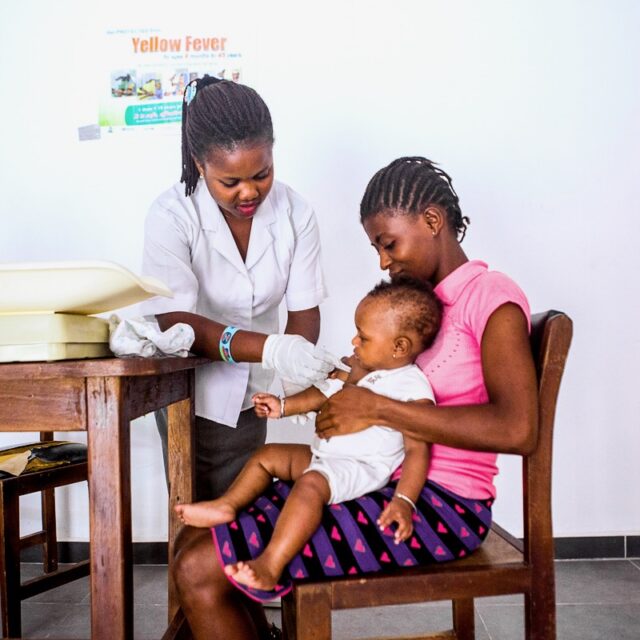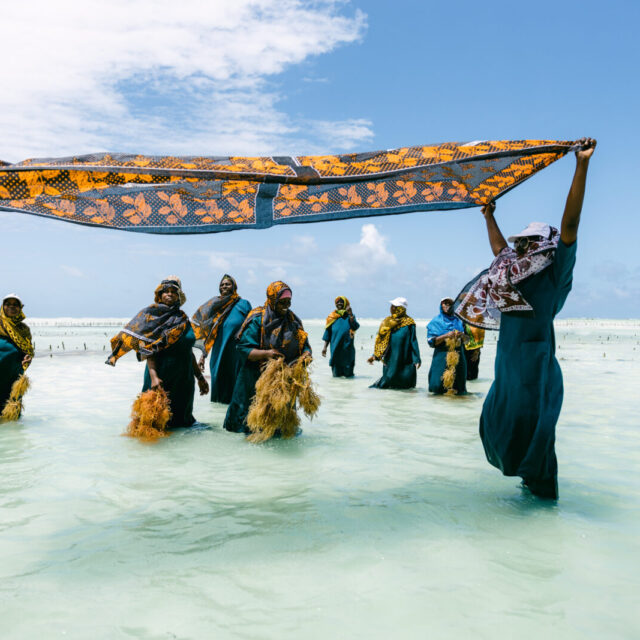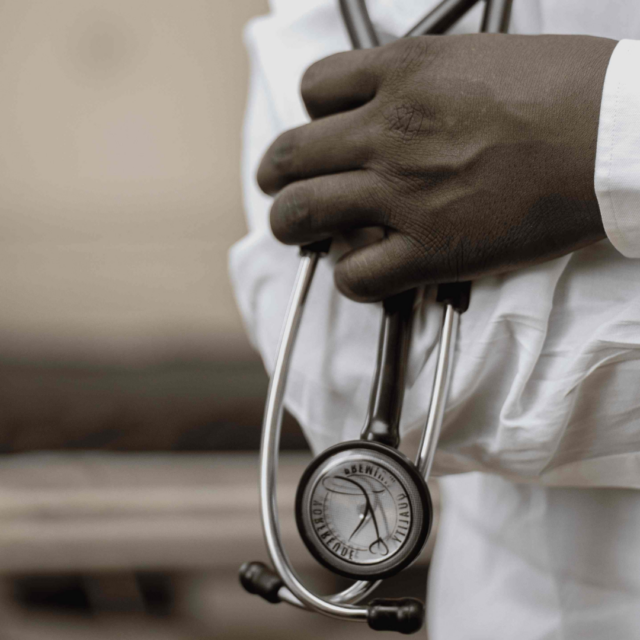Despite global health progress, many are still left behind, including women and girls. We have a long way to go to end maternal and child deaths and stop gender-based violence. Across the world, it is estimated that more than 200 million women and girls have been subjected to female genital mutilation. And all women are yet to get access to voluntary family planning: an estimated 232 million women in developing countries want to prevent pregnancy, but are not using modern contraception.
It is imperative and urgent to ensure that women and girls — who constitute half of the human race — are no longer denied their basic human rights. They should be empowered by giving them access to a good education, good health services, freedom to make decisions about their relationships and lives. Putting an end to discrimination based on the economic, marital status, religious beliefs, or if they live with disabilities or HIV is the sure path to ensure that no one is left behind.
Access to quality health care is crucial for women and girls to fulfill their potential, and governments must step up and deliver.
In Nigeria, the government is failing to meet its promises on health care. This disproportionately affects the most marginalised, especially girls and women. In Nigeria, one in every eight children die before their fifth birthday. Every single day, the country loses more than 2,300 children under age 5 to preventable causes, while 184 women are lost to maternal deaths every day.
Despite being Africa’s biggest economy, Nigeria proportionately spends very little on the health of its citizens. That’s why our campaign to Make Naija Stronger is calling on the government to step up. In 2018, we helped secure funding for Nigeria’s Basic Healthcare Provision Fund. Now we’re working to make sure it’s implemented.
We’ve seen several recent pledges by governments, civil society, youth groups, faith-based organizations, academia and many more to make the world a more equal place, and the hopes are very high. Everyone will have to play their role in order to achieve social justice. It’s only then that we will be able to fully harness demographic dividends and create a better future.
In Nigeria, we’re making sure the government implements health care reforms, including more resources and better spending to ensure all Nigerians, including the poorest, are able to access health care.



